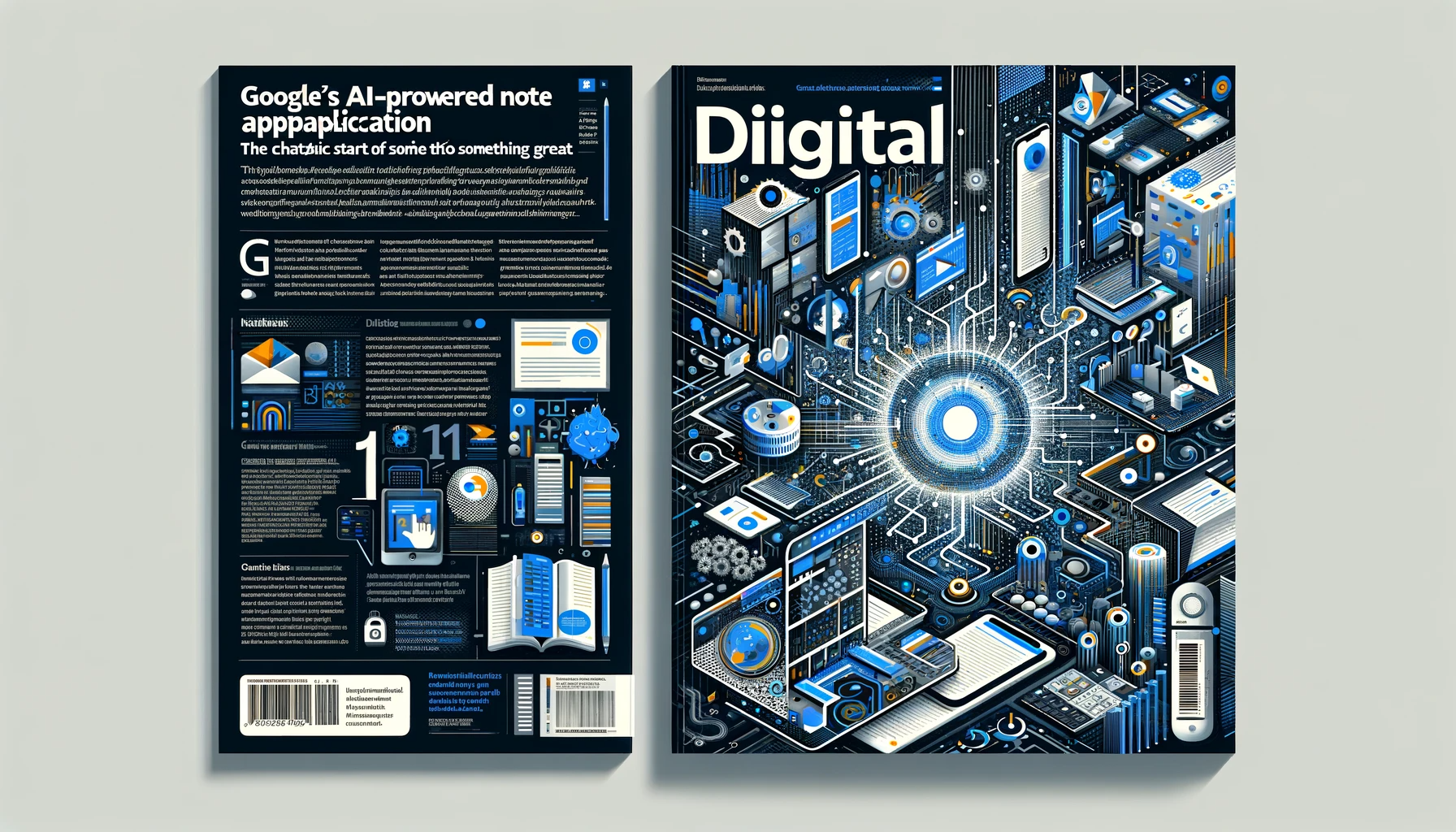What if you could have a conversation with your notes? This question has recently consumed a corner of the internet, as companies like Dropbox, Box, Notion, and others have built generative AI tools that allow you to interact and create new things from the data you already have in their systems.
Google's version of this is called NotebookLM. It's an AI-driven research tool aimed at helping you organize and interact with your own notes. (Google originally announced it earlier this year as Project Tailwind, but quickly changed the name). Right now, it's really just a prototype, but a small team within the company has been trying to figure out what an AI notebook could be. Ultimately, if NotebookLM remains, it will likely be as a feature in Google Docs or a tool within Drive that can assimilate and understand all your files. But for now, it's its own extremely basic application.
I've been using NotebookLM for the last few weeks, testing the app's capabilities and trying to figure out where an AI research tool fits into my workflows. I'm not sure I've found the right answers yet, and I'm not sure the technology is completely ready. But I'm increasingly convinced that a personalized AI, trained on all the things I care about and very little else, will be something really powerful.
To get started with NotebookLM, you create a new project. In my case, I've been researching a lot about the history and culture of spreadsheets, so I called my project "Spreadsheet History." (Clever, right?) The app then asked me to start adding sources, at this point it only accepts and imports Google Docs, but in its final form, it will apparently accept many other types of information. Each project can have up to five sources, and each source can have up to 10,000 words, but I only know that because someone at Google told me. If you try to import too many sources or very large sources, NotebookLM simply fails silently. The app is new enough that the team hasn't even customized the error messages. Again: prototype.
Entrepreneurial Insight: This news highlights how companies are exploring the interaction between artificial intelligence and information management. For entrepreneurs, this suggests that AI can revolutionize the way people organize, access, and use their data. When considering the development of AI-based business tools, it's essential to address both functionality and ease of use. Additionally, the article underscores the importance of prototypes and early versions in the product development process. Early feedback and flexibility to adapt features according to user needs are crucial factors for long-term success in this evolving field.
Source: The Verge





